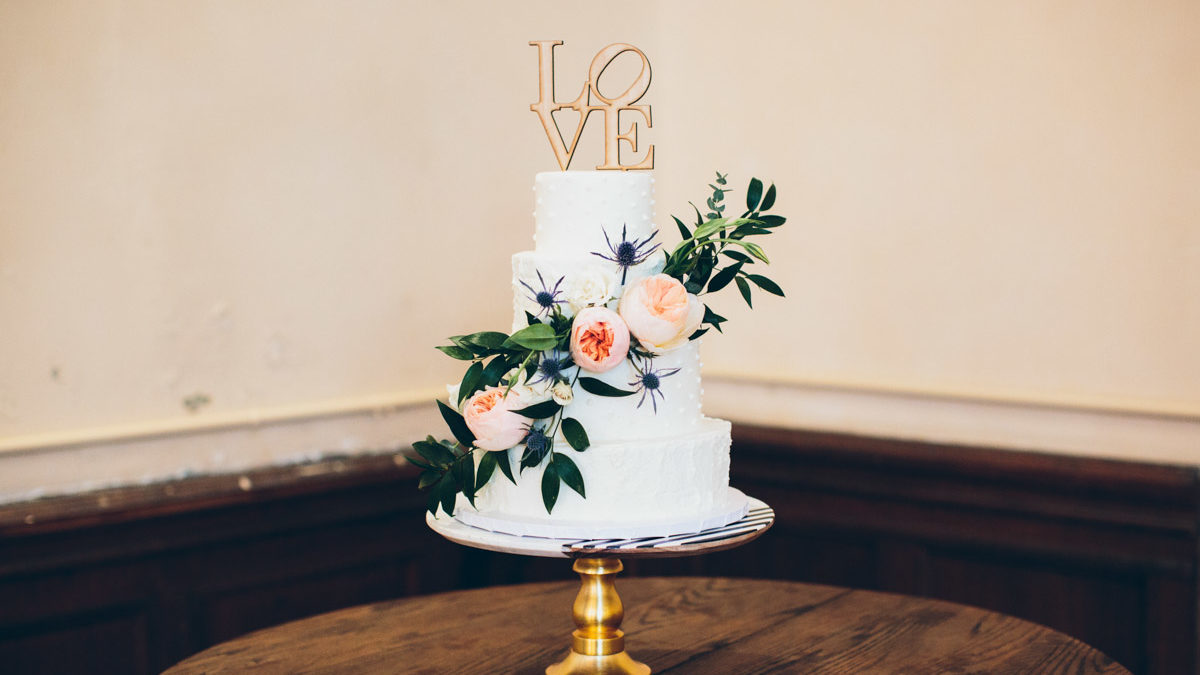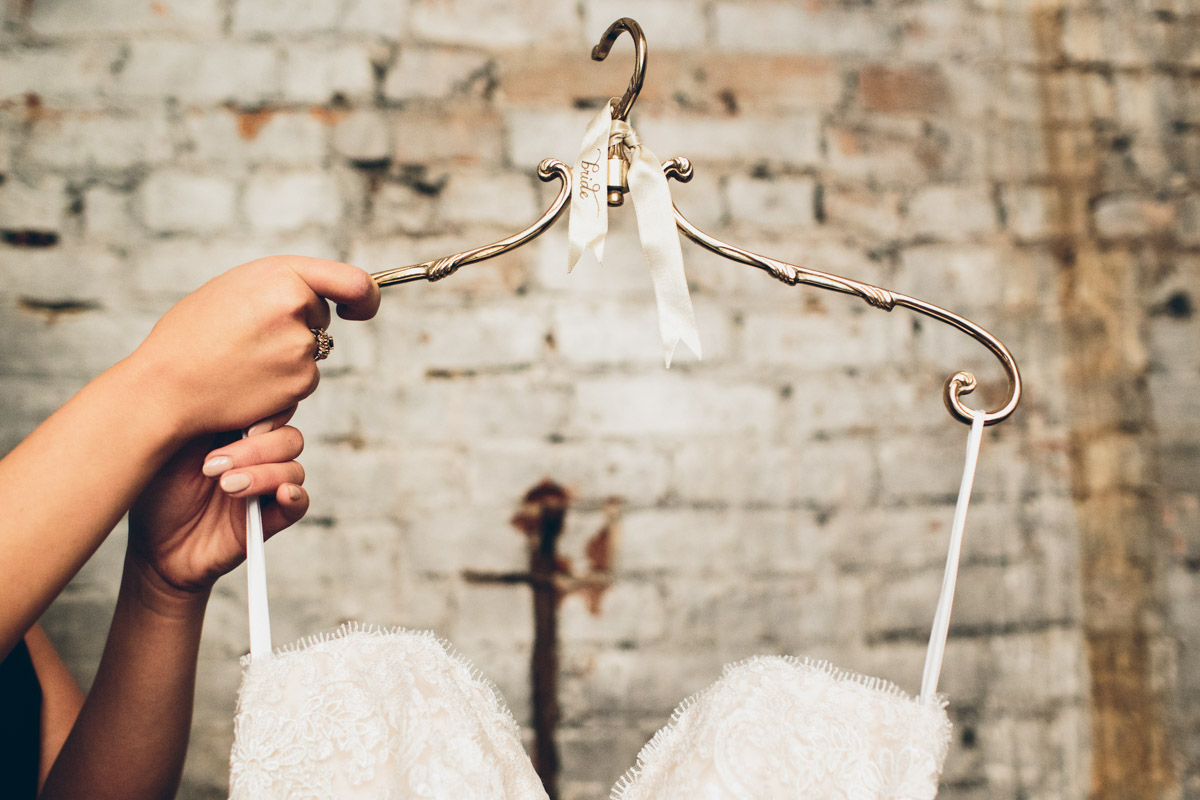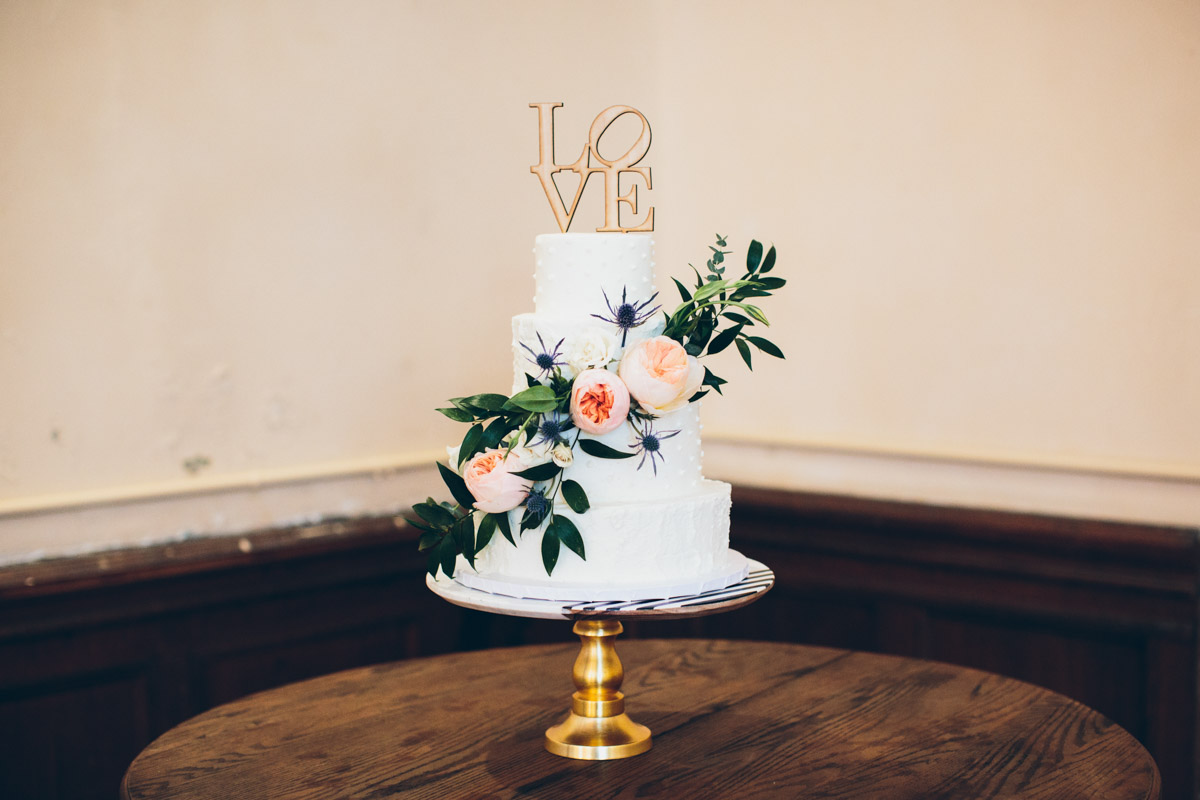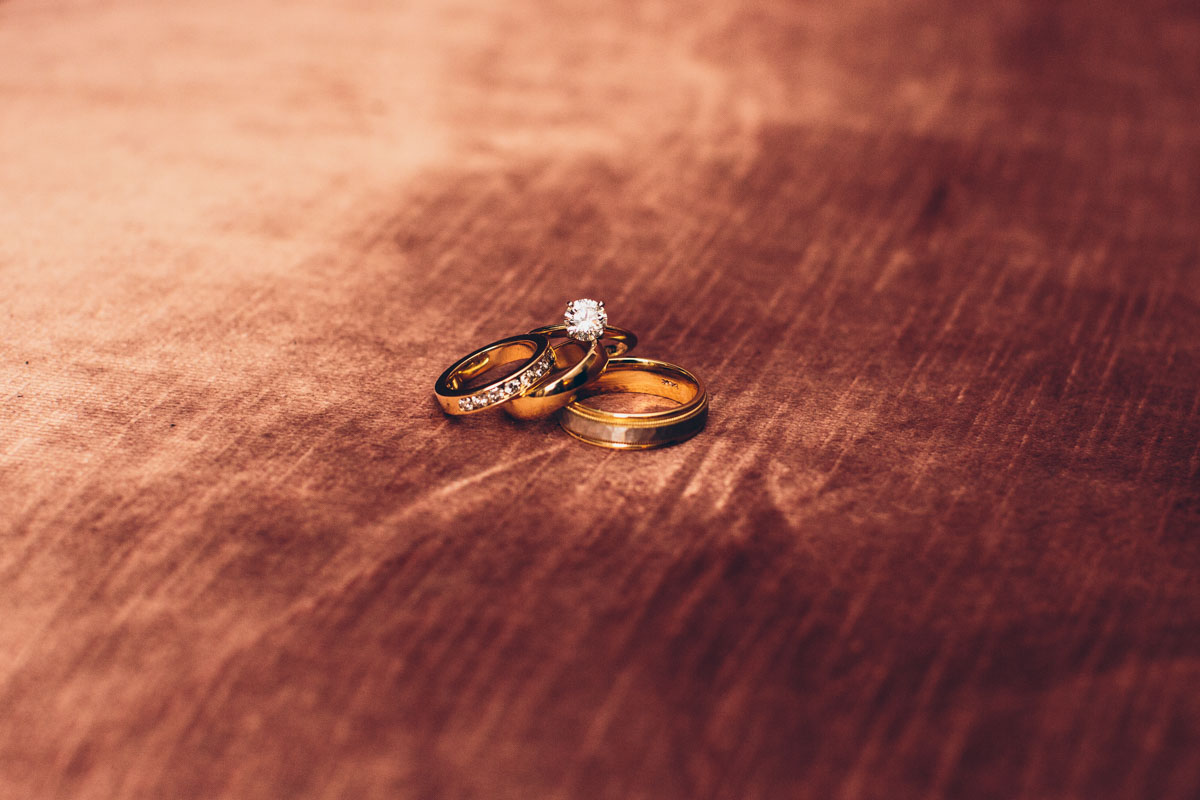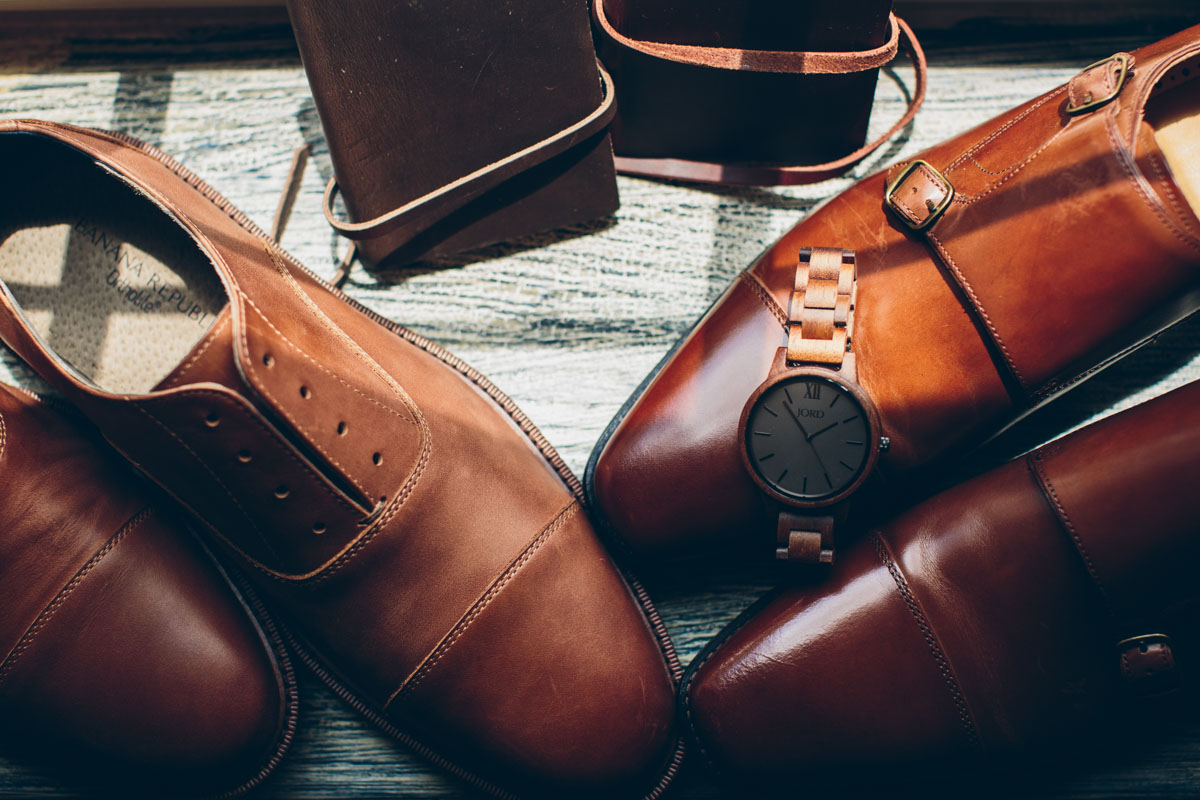In celebrating and educating for the LGBTQ+ community, we must also discuss the struggles and needs trans people have when wedding planning. Through tips shared in this article, we hope to begin to create a more open and safe space for the trans community within the wedding industry. The thoughts and experiences shared below are the reflections of contributing trans community members. Please keep in mind no two people or experiences are the same.
A foundational step in being an inclusive vendor is to only use gender-neutral language on your website, contracts and social media. Click here to learn more about creating inclusive wedding contracts. Gender-inclusive language sends the clear message to your clients that your business is a welcoming place for LGBTQ+ people—including transgender people.
“In general, I think the best way to be inclusive of trans folk is to be conscious and respectful about language,” says JB Fuoco. “Not assuming that everyone fits into the binary of ‘male’ and ‘female’ and to ask every potential client what their pronouns are—not just those that they might perceive to be trans. Materials and language should be as gender-neutral as possible until pronouns are identified by the potential clients.”
When trans people marry, it’s a big deal for them and their families, just like anyone else. But there’s an extra level of validation of identity. Frank Capobianco says, “Being trans during our wedding gave me a feeling of a new acceptance into my family. Having all my family and friends there seeing this most perfect union to the woman of my dreams and on that date—it became my true reality. To have her by my side for the rest of my life is the whole story of living my truth becoming living our truth!”
THREE TIPS TO BETTER SERVE TRANS CELEBRANTS
TIP 1: TRANS PEOPLE WANT TO FEEL SAFE
“Every day it seems there is an attack on our LGBTQ+ rights, and the target appears to be more transgender-focused. It scares the hell out of me,” says Eden.
Trans people want to feel safe, seen and loved, but they do not always know who they can turn to for support and affirmation during wedding planning. Stating that you are LGBTQ+ friendly or displaying a rainbow flag on your place of business or website is a great way to show that you are welcoming. However, Eden also notes that if you’re willing to do business with the trans community, but their appearance or life offends you or your employees, do not “try” to work with them. You either work with the community or you don’t. There is no in between. This is a special time in their lives, and they deserve nothing but wholehearted support, especially if they’re giving you their business.
TIP 2: USE YOUR HEARTS AND EARS
“What all of these brothers and sisters want you to know is that regardless of what the naked eye sees, use your heart and ears to listen to who they are and how they identify,” says Kristin Capobianco. It’s not up to you, the wedding pro, to assign bride and/or groom roles, or gender assessments at all—it’s up to each celebrant to tell you how they identify with their pronouns and terms they’d like to use during the course of their wedding planning process. You’re free to ask questions, of course, but not in a judgmental-sounding way, as in “What should I call you?” but “What are your pronouns and do you wish to be referred to as bride, groom, celebrant, marrier or none of the above?”
Partners and/or couples may be treated differently if they’re perceived to be transgender. Because transitioning is different for every person, be attentive to the words, language and identifying terms clients use, and never make assumptions. Be kind and understanding that your client(s) themselves may be struggling with their own body (but don’t assume that they are). Through intentional listening, you can be affirming to your trans clients.
“Know and acknowledge that we are gay, we are lesbian, we are transgender or the many other identities who may come to you for your services,” says Eden. “We are very diverse and we come in many shapes colors, sizes and loves.” And even though transgender people might not “pass” for what you perceive to be the gender they identify with, Eden says, “we are who we say we are. Please respect that.”
We are who we say we are. Please respect that.—Eden
Additionally, because transitioning takes time, please keep in mind that trans people may be in different stages of their experience. And so, for clothing vendors especially, please note that various types of bodies and shapes are common. Not all bodies will fit into the gender-specific sizing and styles that many designers and companies create for. Offering custom suiting and tailoring, or opportunities to mix and match items to better fit individual bodies will create a far more affirming experience for trans people.
“Tailors and other people in the clothing industry who can help make the perfect suit or dress should understand that consent is important any time they take measurements of a client’s body and to be extra sensitive to them on making their clothing fit well,” says Frank. “It’s triggering for a lot of trans people to have any sort of touch on their bodies.”
TIP 3: SHOW RESPECT AND OPENNESS
“Any business that can work with us unconditionally and give the us the same respect as anyone else, we appreciate you, and would love to give you our business,” says Eden.
A loving, open and respectful place of business will invite in all people but will especially make trans people feel safe and accepted. This also applies to learning and growing. If you’re unsure about something, Kristin says that most trans people will appreciate questions when asked respectfully and humbly, rather than being assumed. Your reverent, inquisitive questions will also show that you care and are striving to give the best experience possible.
“Sometimes folks just misgender people and don’t use our names when they don’t match our paperwork or credit cards,” says JB. “Vendors who truly want to be inclusive of trans people need to ask and not assume pronouns and then USE them. Vendors should not comment on one’s pronouns but simply use them.”
All couples and individuals share this simple desire in common: They want a joyful wedding to celebrate their love and connection, and for their vendors to treat them well. “Weddings have a stereotype, I feel, that is co-aligned with gender identity,” says Kristin. “Masculine and feminine, bride and groom, prince and princess. I feel like if we replace those words with person and person, we are making progress … Vendors would get so much further if they go into the ceremony with a “human and human” attitude vs. “bride and groom.”
All photos by Cassandra Zetta, a preferred Equally Wed photographer



